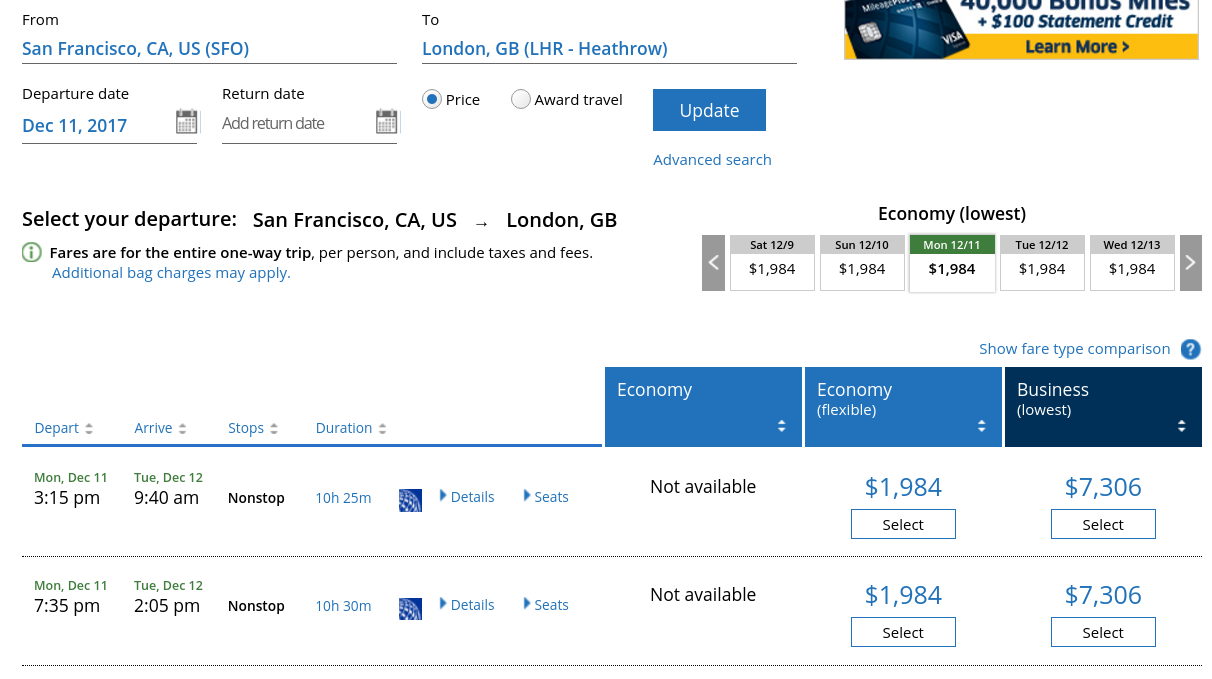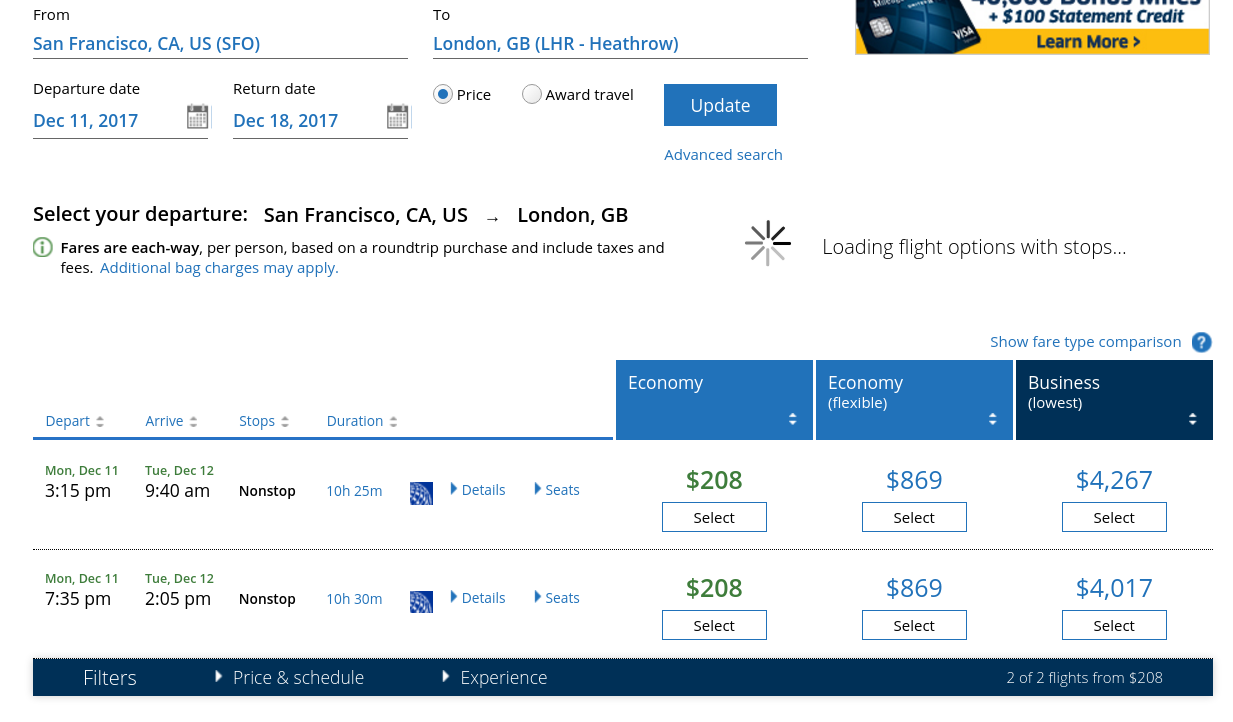There are a couple of very different cases here:
Cost
Especially on longer (non-regional) international flights, a round-trip ticket usually still costs substantially less than two one-way tickets (except award tickets purchased with points/miles.) I have encountered many instances where a one-way ticket was actually more expensive than the entire round-trip on the same route for international tickets. This used to be the case for U.S. domestic fights, too. Sometimes it still is, but usually nowadays a round-trip ticket costs exactly the sum of the two one-way fares for domestic tickets in the U.S., as you've noticed. Domestic/regional flights outside of North America are increasingly adopting the same model of making a round-trip price equal to the sum of the outbound and inbound one-way segments, but it's not yet as common outside of North America as it is within North America.
Flexibility
Airline Delays/Cancellations
If your outbound flight gets delayed so much that your trip would be in vain (say, you had a business meeting or a conference to attend and the delay has already caused you to miss it,) the Contract of Carriage generally allows you to cancel the entire trip for a refund. In the case of a round-trip ticket, the entire ticket, including the return flights which were potentially not delayed, would be cancelled and refunded. In the case of two one-way tickets, the airline is under no obligation to refund the return flights (though sometimes they do anyway, particularly if it's on the same airline and more likely if you're a frequent flier with them.) So, purchasing a round-trip ticket can provide some protection against flight delays/cancellations.
Changes for Personal Reasons
When something comes up that causes you to need to change your trip schedule, the airline change fees are usually charged per ticket rather than per segment. So, if you need to delay your whole trip (outbound and inbound) by a day, for example, you'd need to pay the change fee only once with a round-trip ticket vs. twice with 2 one-way tickets.
On the flip side of this, though, as you've noted already, sometimes the change fee costs more than a one-way flight and you only need to change your flight schedule for one segment. In this case, it's actually cheaper to make the change with the two one-way tickets by simply cancelling the one you want to change and booking a new ticket for that segment. This is much more likely to be the case on relatively short domestic routes where the fares are already very low. It is less likely to be the case on longer trips where the one-way fares are probably higher than the change fees anyway.
2024 Update: While both of the above reasons do sometimes still apply, there have been some significant changes to the situation since I originally wrote this answer. In particular, since 2020, almost all full-service U.S. airlines have dropped their change and cancellation fees entirely on all but their "Basic Economy" fares (and Southwest never had such fees to start with.) As a result, the flexibility-related advantages to round-trip tickets mentioned in the answer are no longer as applicable to flights on normal economy or higher fares on most non-ULCC U.S. carriers, since you can now change or cancel those tickets for any reason at no cost.
However, those reasons still apply for most low-cost carriers as well as most carriers outside of the U.S.
Additionally, the trend mentioned in the answer of full-service carriers moving more towards pricing short-haul round-trip flights the same as the sum of the one-way components has continued and this is now quite a bit more common outside of North America as well than it was back in 2017.


